20+ Years Experience
Specialist Business Insolvency Company

Get in Touch Today to Speak to a Specialist Adviser
As a business owner, you may face a difficult problem when you cannot pay staff wages.
This issue presents short- and long-term financial challenges that must be addressed.
We discuss what to do when faced with this situation, including examining cash flow constraints, exploring cost-reduction strategies, considering alternative sources of financing, offering workers incentives for staying employed, and negotiating payment plans with creditors.
The information and recommendations presented in this article will be invaluable tools you can use to help manage the situation and protect your finances.
When a business cannot pay its staff, it’s a red flag that something isn’t right. It could be a sign of financial distress or just the ebbs and flows of the market.
Whatever the cause, not paying employees can have serious repercussions for both business and team morale.
The effects of not paying wages over an extended period are dire – from financial ruin to immediate shutdowns.
Not only does this create economic anxiety for workers, but it also creates a toxic work environment.
There are many potential causes behind an inability to pay staff: changes in customer buying habits, economic downturns on both sides, unexpected expenses draining cash reserves, lack of profits or unviable business models, poor financial planning…the list goes on.
When directors want to determine if their money woes are short-term or long-term, they should look at sales figures and other indicators like missed salary payments, late payments and wage arrears – all telltale signs of cash flow problems.
Cash flow is a lifeblood for companies, enabling them to pay their staff’s wages.
But when unexpected costs arise, late payments from customers and invoice factoring can deplete cash reserves – leaving the company unable to cover payroll.
Warning signs of this financial strain include difficulty paying staff on time, restructuring of the current structure or even a Company Voluntary Arrangement (CVA). And if you’re not able to pay your employees? Financial anxieties are sure to follow.
Insufficient profits can have dire consequences – but what are the warning signs?
A decrease in sales, a drop in revenue, or even having to scale back operations can all be indicators of insufficient profits.
Even worse, it can lead to a company’s inability to pay staff wages if their business model is not viable.
Poor management decisions and insufficient investment in new products or services can signal that profits are insufficient.
Poor financial planning can lead to a company’s inability to pay staff wages, like a ship without an anchor.
Warning signs of poor financial planning include being unable to pay bills on time, not paying salaries and wages promptly, and having no cash flow.
If a business cannot pay its employees, it’s a sure sign that the finances are being mismanaged – how else could they keep their crew afloat?
When a company’s coffers are empty and they can no longer afford to pay their staff, it is essential to act fast and find solutions.
Fortunately, there are a few options available that can help businesses manage cash flow and ensure employees get paid on time.
For short-term relief, companies can consider invoice factoring or invoice discounting.
This involves selling unpaid invoices to a third-party lender for immediate cash – allowing them to cover wage payments and other financial commitments.
Payroll factoring is another option; this business loan is secured against payroll payments so employers can pay their staff promptly.
Longer-term strategies may be necessary if businesses struggle with consistent wage payments. One way to improve the situation is by streamlining operations, reducing overhead costs, and increasing sales – all while managing cash flow more effectively.
Invoice financing or working capital financing could also provide a much-needed injection of wage funds.
Alternatively, restructuring the business through Creditors’ Voluntary Liquidation (CVL) might be an option; in this process, unsecured creditors agree to liquidate the company’s assets which will then be used to pay creditors back.
Employers need to understand their legal responsibilities when paying staff wages: they must comply with statutory payment requirements such as providing holiday pay and paying at least the National Minimum Wage rate per hour worked.
Non-payment of wages could lead to serious consequences, so employers should ensure they know their obligations towards their employees.
When experiencing financial anxieties, practical advice includes communicating openly with employees about the situation and prioritizing essential expenses like employee wages over nonessential costs.
Additionally, developing a plan on getting back on track financially would be beneficial – seeking help from experts such as licensed insolvency practitioners who could advise the best course of action, claiming redundancy pay or restructuring business as examples.
Invoice factoring and invoice discounting are two of the most popular short-term solutions for businesses unable to pay staff wages.
Invoice factoring is a financial arrangement whereby a company sells unpaid invoices to a third-party lender for immediate cash, and then the lender collects the money from the customer.
This allows the business to access cash quickly and pay staff wages on time. Invoice discounting is similar to invoice factoring, but the business retains control over debt collection.
If insolvency is looming, it is important to take action as quickly as possible.
This may involve seeking advice from experts such as a licensed insolvency practitioner and cancelling services or changing rates on existing ones. Additionally, businesses should consider getting a business loan to help with cash flow problems.
This can provide a cash injection to the business and enable them to pay staff wages on time.
Payroll factoring is another option for businesses struggling with cash flow. This business loan is secured against payroll payments, which can be used to cover staff wages.
With payroll factoring, the lender pays the business for the salary payments, and the business pays the lender back on the agreed payday. This can give businesses some breathing room to address any financial anxieties they may be experiencing.
For businesses that are struggling to pay staff wages, what options do they have? One way is to manage cash flow more effectively by reducing overhead costs, streamlining operations and processes, and/or increasing sales.
Invoice financing or working capital finance can also provide a cash injection for wage payments.
Restructuring the business through Creditors’ Voluntary Liquidation (CVL) may be beneficial if there are outstanding creditors or liabilities. Starting a new company could be an option too – but employees must be paid their existing contracts before that happens.
Short-term solutions such as invoice factoring, invoice discounting, and payroll factoring can help businesses manage cash flow and ensure employees get paid on time.
Long-term solutions like restructuring, improving the business model and starting a new company offer stability and security.
It’s important to remember that employers have legal responsibilities when paying staff wages – statutory payment requirements plus non-payment penalties should not be overlooked!
Practical advice is available for businesses with difficulty with wage payments, too – so don’t despair!
There are several options available for businesses unable to pay staff wages; short-term solutions can help with immediate needs, while long-term ones bring greater stability in the future; understanding legal obligations is key in this situation.
It is the employer’s duty – but do they know it? They must ensure their employees are paid correctly, on time and in full.
This includes any agreed overtime or bonuses, meeting the minimum wage and other statutory entitlements.
If an employer cannot pay staff wages, they must inform their employees. But what if employers don’t meet these obligations?
Employees can claim unpaid wages and holiday pay, even taking legal action through an employment tribunal if necessary.
And employers may face late payment penalties or worse – legal action – for not paying wages. The consequences of failing to meet one’s responsibilities can be severe indeed!
Under the law, must employers pay their dues?
They must meet the statutory minimum wage requirements and other entitlements, such as the national minimum wage – a business’s legal bottom line.
To ensure they’re current with their obligations, employers should check online via the government website.
Failing to do so can be like walking a tightrope without a safety net; serious financial penalties await those who don’t comply.
But how much is too much when it comes to breaking the law?
If an employer fails to pay wages, what are the consequences? Employees may be able to reclaim money owed from their employer – such as holiday pay, redundancy pay and unpaid wages.
They can claim payment instead of a notice period if their employer does not provide it.
Plus, employers could face late payment penalties if they don’t pre-warn employees of any changes to payment terms.
In liquidation cases, workers have a right to arrears of wages and unpaid holidays.
The government’s Insolvency Service (Redundancy Payments Service) will cover these entitlements as preferential creditors.
Not paying staff could bring serious repercussions for directors – even if the company was already insolvent – including personal liability for any outstanding liabilities or unpaid wages.
To protect employee rights, employers must communicate openly about their financial situation with staff – discussing potential redundancies and cash injection needs for business continuity.
If the resolution is impossible, employees may need legal action against the employer.
Employers must understand their legal responsibilities when paying staff wages: informing employees of any changes in payment terms or unpaid wages, meeting statutory minimum wage requirements, and ensuring other entitlements are met too!
Failing this could lead to severe penalties – including legal action against directors personally!
When a company cannot pay its staff wages, it can be difficult and distressing for everyone involved.
With the help of external advice and careful consideration of all possible solutions, companies can work out the best way forward while adhering to state and federal legal requirements, such as the statutory payment requirements of paying the national minimum wage.
Short-term solutions like invoice factoring, invoice discounting, business loans, and payroll factoring can provide instant relief from cash-flow problems, while longer-term plans may involve restructuring the business or starting a new company altogether.
However, whatever path is taken to get back on track must always be done with support for employees as one of its primary aims, ensuring that they are kept informed throughout the journey.
Failing to pay staff wages can have far-reaching consequences and is of serious concern. It’s important to contact a licensed insolvency practitioner as soon as possible, as they can help identify insolvency proceedings which could allow the business to continue trading without interruption.
Additionally, consider requesting an overdraft from your bank, lending money to the business or selling assets to raise complementary funds.
If an employee or worker believes they are not being paid the minimum wage, they can file a complaint with the HMRC online or by calling the Acas helpline on 0300 123 1100.
It is important to act quickly, as minimum wage violations must be reported within three months of the incident occurring.
It is illegal for employers to not provide employees and workers with a paylip. Agency workers must still get a paylip from their agency.
Additionally, workers on zero-hours contracts are entitled to receive a paylip too.
You should take prompt action to claim any unpaid wages you are owed in the UK. First and foremost, contact HM Revenue and Customs (HMRC) for advice on what to do next. You must take this step within 6 months of when you should have started receiving statutory pay.
To speak to someone directly, HMRC are open Monday to Friday, 8am to 5pm.
Here are some other informative articles about business debt in the UK:

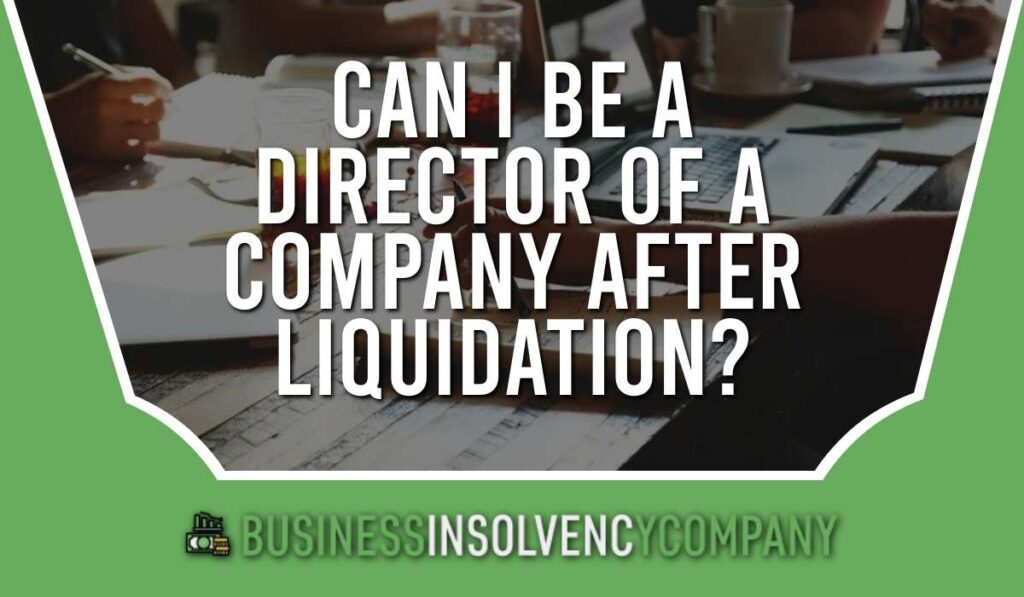




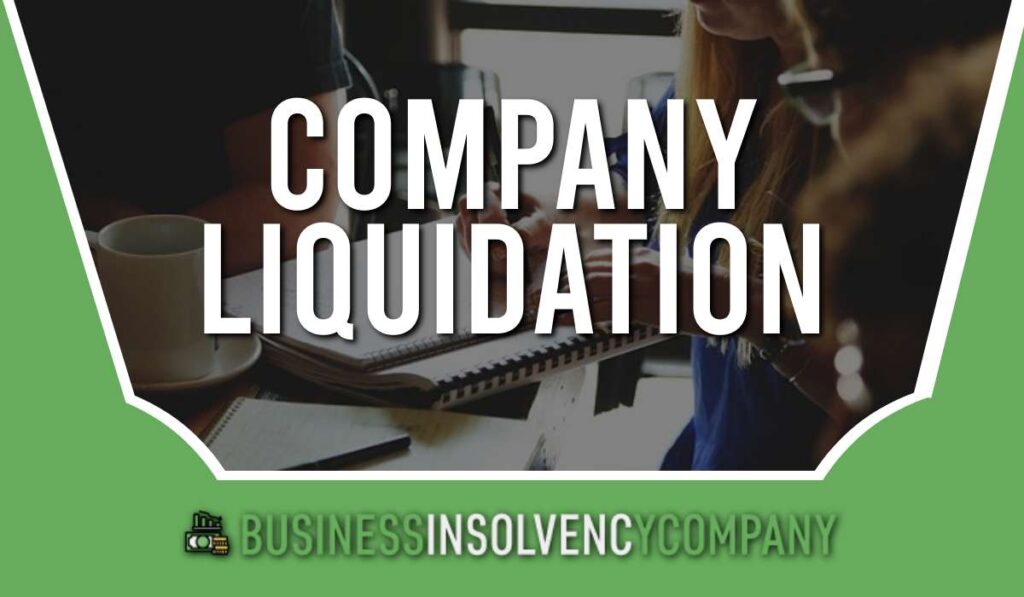
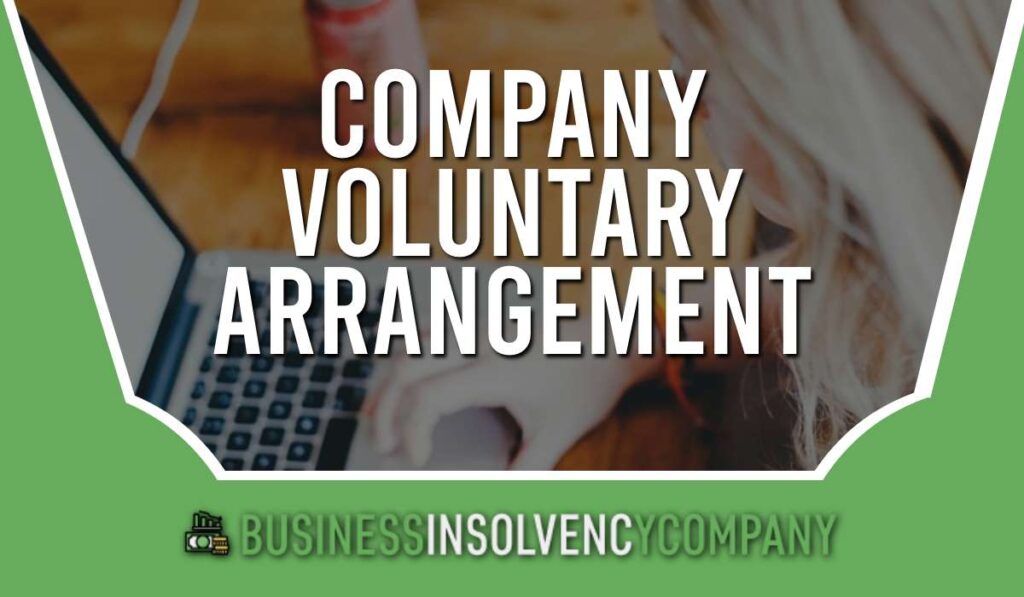


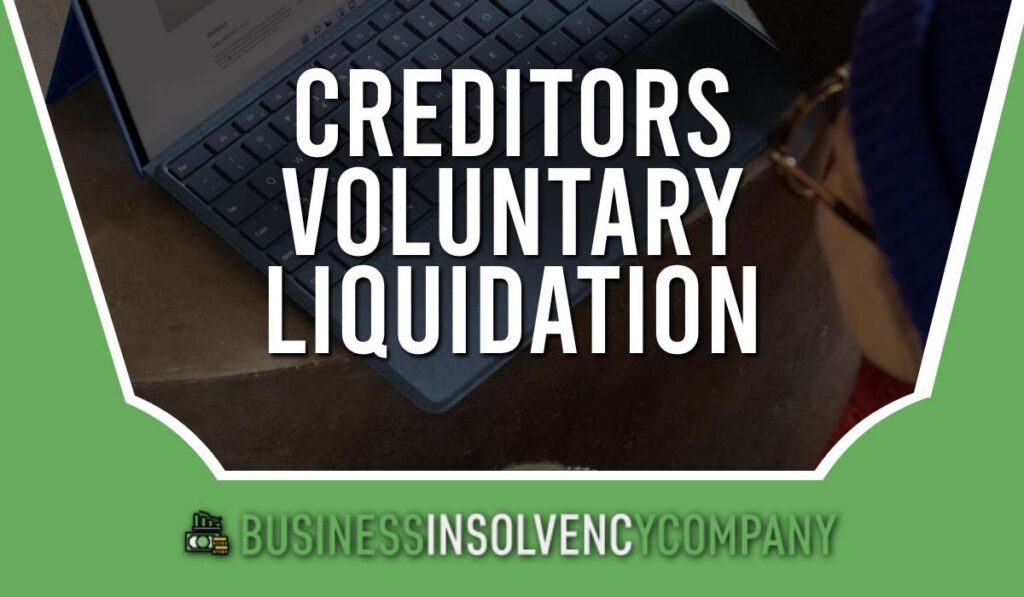
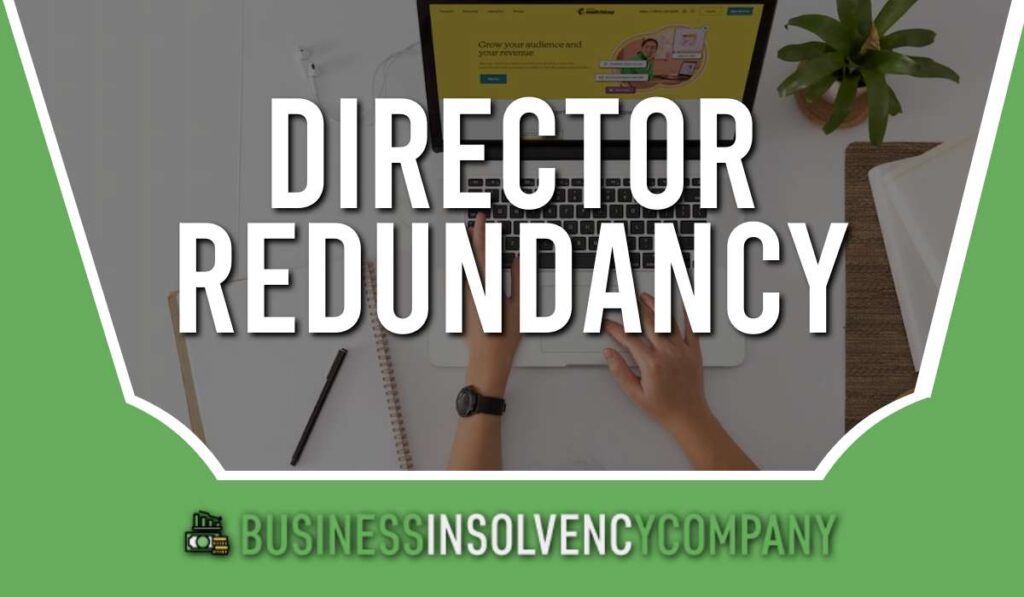
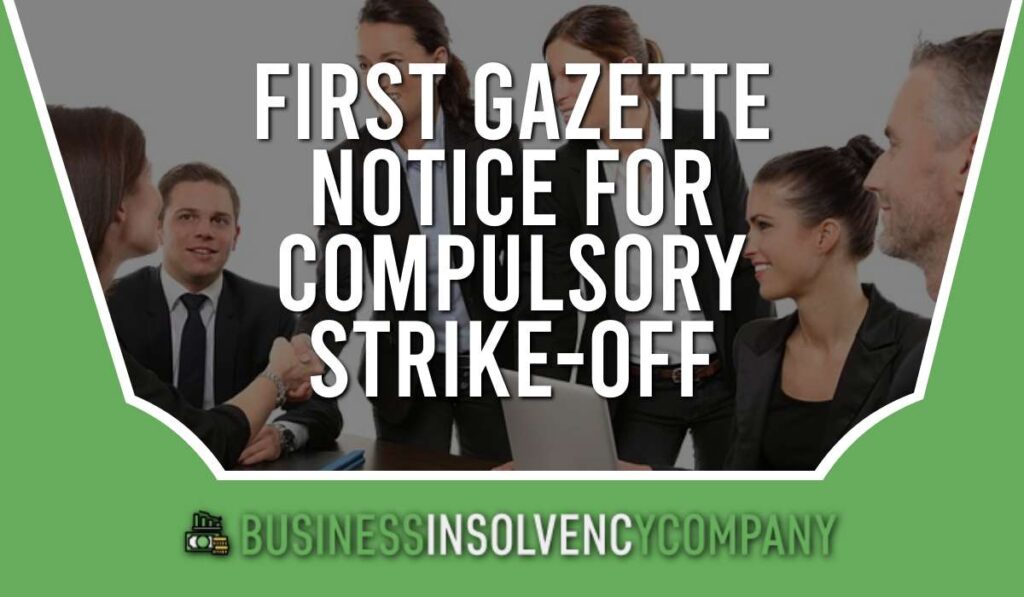
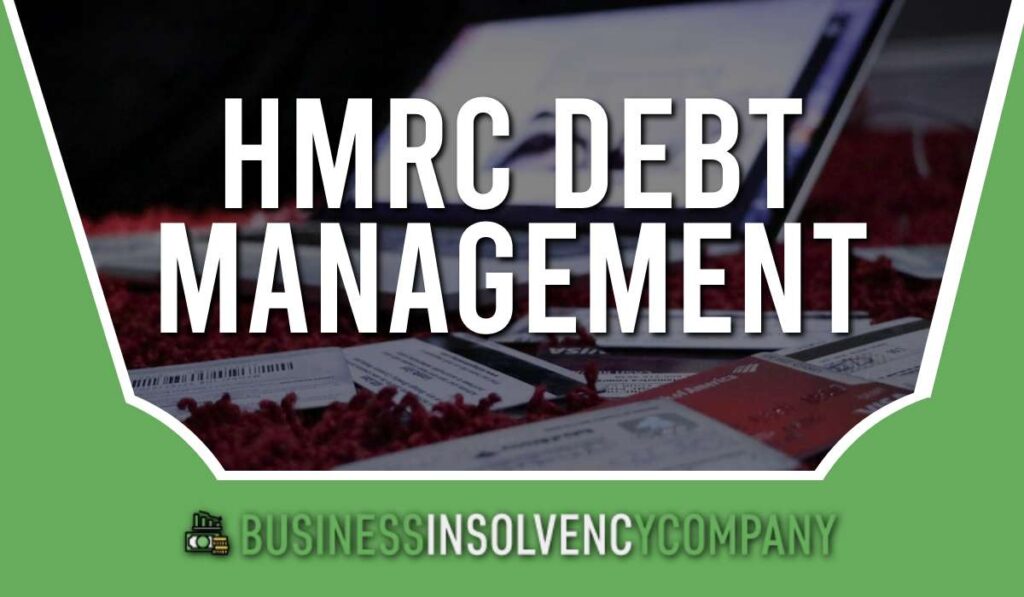

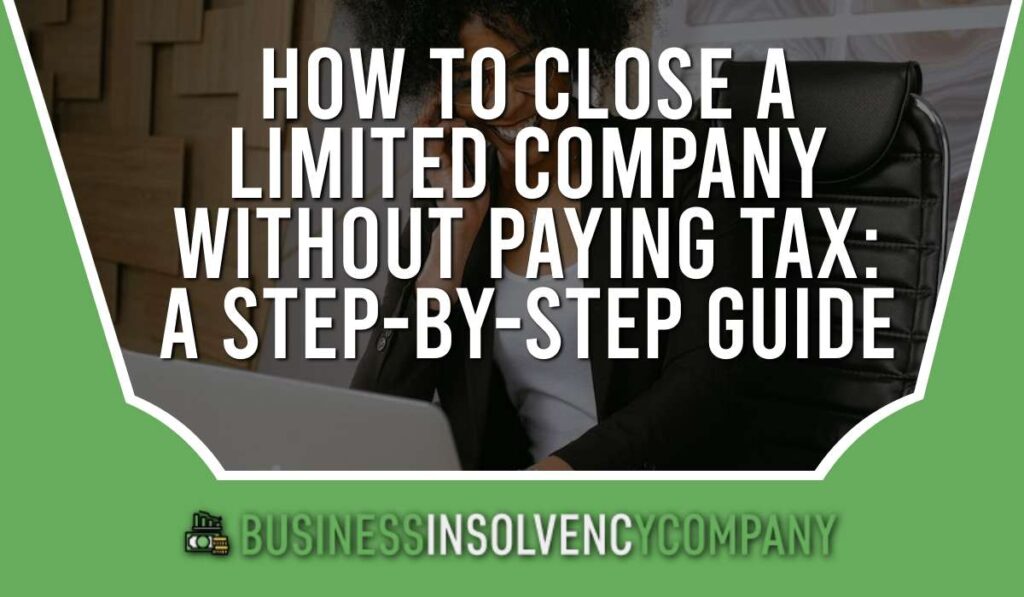




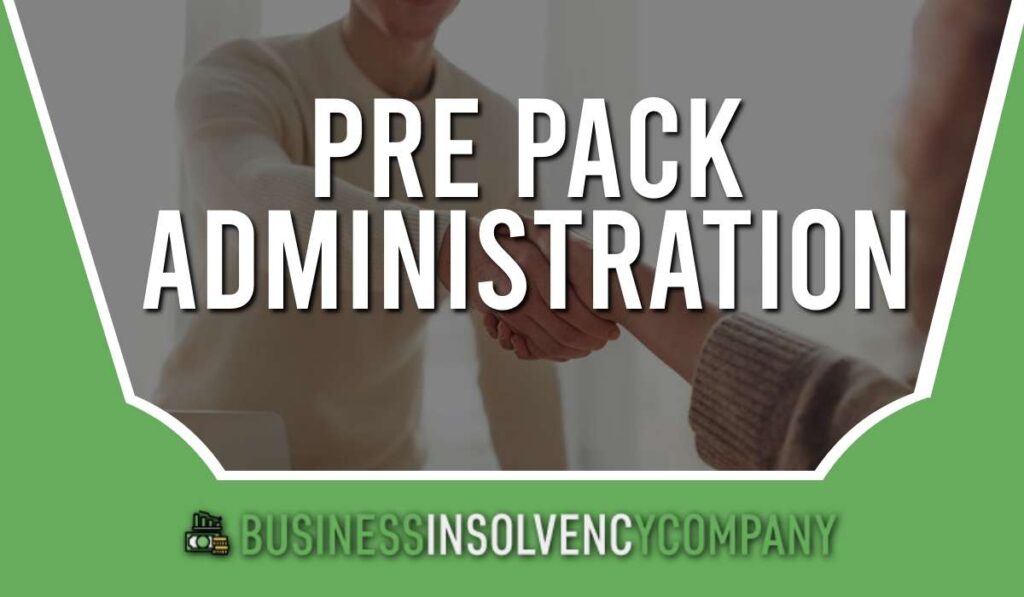






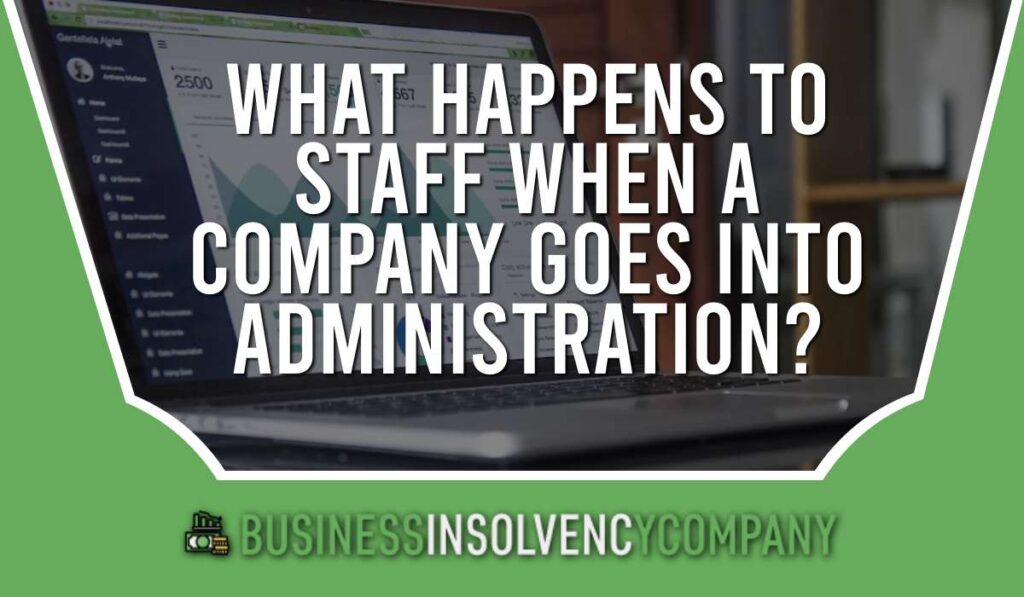

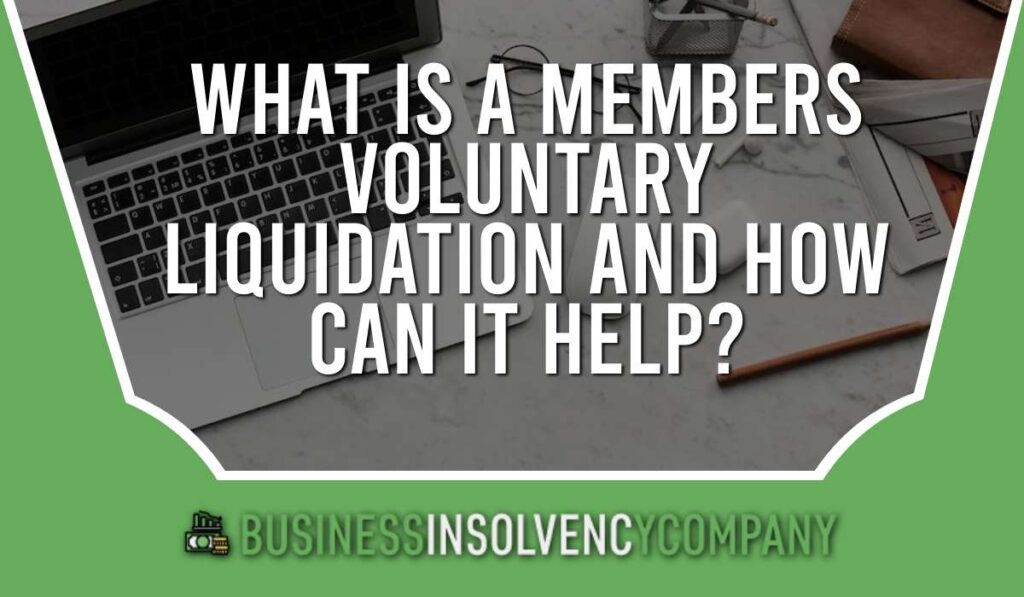



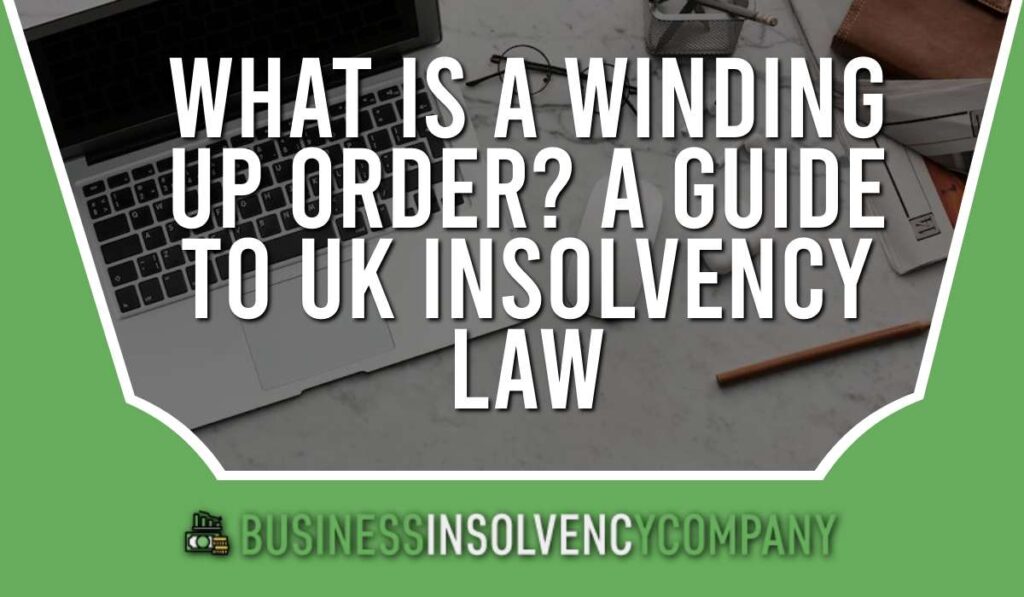




We Aim To Reply To All Enquiries With-in 24-Hours